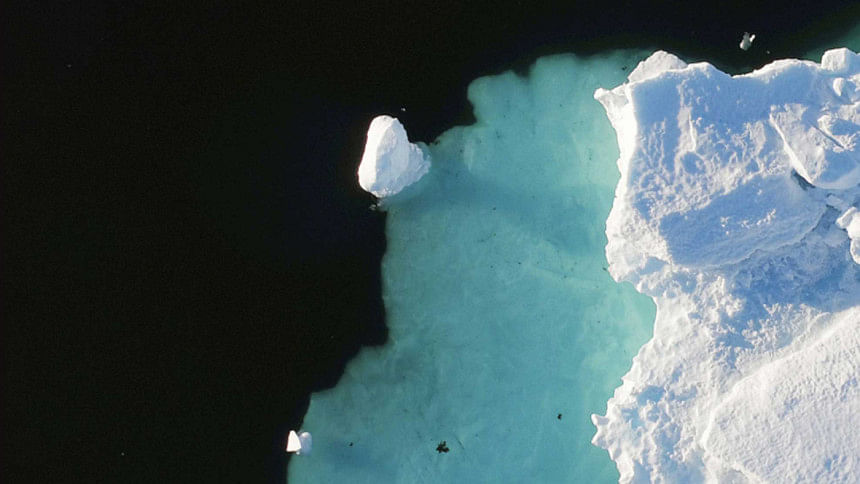2021 was a critical year for climate actions

The year 2021 has been significant in climate change discussions, in a decade that is already quite important in terms of tackling the climate crisis. This was the year when the world finally acknowledged that human-induced climate change due to the emissions of greenhouse gases (GHGs) from burning fossil fuels for over a century had already raised the global mean temperature by over one degree Celsius, and that this was now causing losses and damages to human lives, livelihoods and infrastructure.
This was definitively proven by the 6th Assessment Report of the Intergovernmental Panel on Climate Change (IPCC), published by the panel's Working Group 1 in August 2021, where scientists said that, for the first time, they now had unequivocal evidence of climate change impacts that can be clearly attributed to human actions. This report was duly acknowledged at the 26th United Nations Climate Change Conference, also known as the Conference of Parties (COP26), held in Glasgow, Scotland in November, and it is now clear that we have entered a new era of climate change discussions.
In early 2022, we expect to see the publication of the IPCC Working Group 2 report on impacts, vulnerability and adaptation, which is expected to reinforce the evidence on loss and damage attributable to human-induced climate change. This will take us forward in terms of trying to deal with the reality of climate change around the world.
In terms of political actions to tackle climate change, considering the successful completion of COP26, the world is moving—albeit not fast enough—in the right direction. It is expected that more progress will be made at COP27, which is scheduled for November 2022 in Egypt and is expected to have greater emphasis on adaptation, resilience, and loss and damage.
As Bangladesh Prime Minister Sheikh Hasina, as the current chair of Climate Vulnerable Forum (CVF), which has 55 developing countries as members, played a critical role at COP26 on behalf of the vulnerable nations. Bangladesh needs to keep up its political leadership role in this regard over the coming years. Even though Bangladesh is set to hand over the leadership of the CVF to Ghana in 2022, it will remain a part of the troika that governs the CVF for two more terms, and hence will be able to play a leadership role at the political level for another four years.
Political work on tackling climate change will be a daily phenomenon from now on, and not only confined to the annual COPs. So, the entire diplomatic corps of Bangladesh as well as other vulnerable developing countries need to build capacity in climate diplomacy. This also means that tackling climate change has now become a matter for all conscious and educated citizens of every country to become engaged in, and not just leave it to their leaders to deal with. This means that a whole-of-society approach is required to tackling climate change.
A particularly important group to look up to is the youth from all over the world, many of whom are already engaged in the Fridays for Future movement led by Swedish climate activist Greta Thunberg.
This is something that Bangladesh has an opportunity to lead the world in as the new Mujib Climate Prosperity Plan (MCPP) is launched to go beyond merely adapting or even building resilience to tackle climate change, and to become prosperous despite the setbacks that climate change will inevitably cause going forward. It is heartening that many of the CVF countries have vowed to follow Bangladesh's example and develop their own climate prosperity plans as well. Bangladesh will be able to share its experience with other vulnerable developing countries over the coming decade.
As we move forward towards 2030, which is the deadline by which both the Paris Agreement as well as the Sustainable Development Goals (SDGs) are targeted to achieve their objectives, Bangladesh has an opportunity to become a global leader in combining successful development with tackling climate change. We only have nine more years to do it, so there is no time to lose.
Dr Saleemul Huq is the director of the International Centre for Climate Change and Development (ICCCAD) at the Independent University Bangladesh (IUB).

 For all latest news, follow The Daily Star's Google News channel.
For all latest news, follow The Daily Star's Google News channel. 



Comments